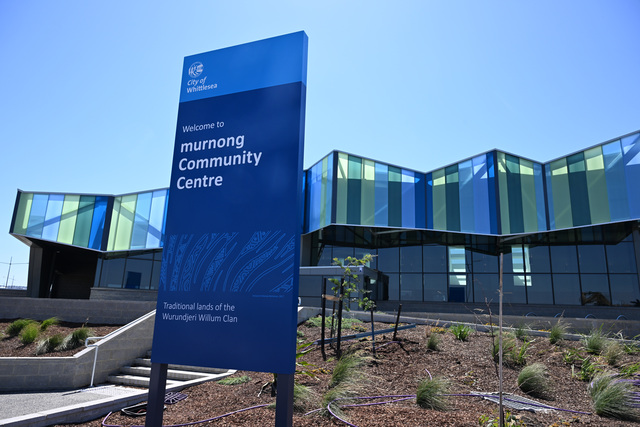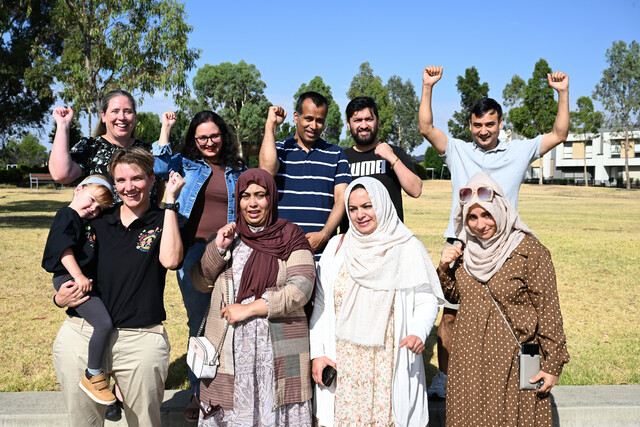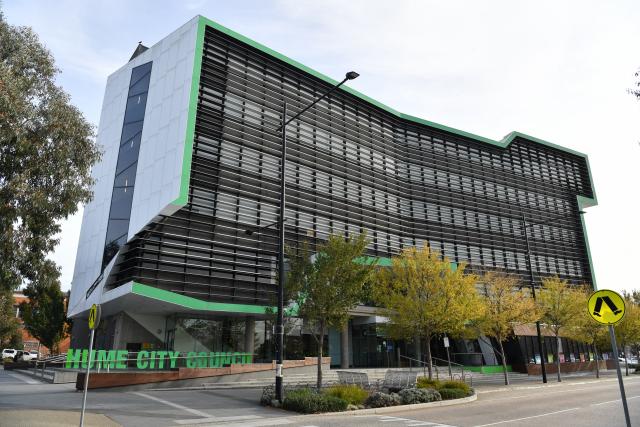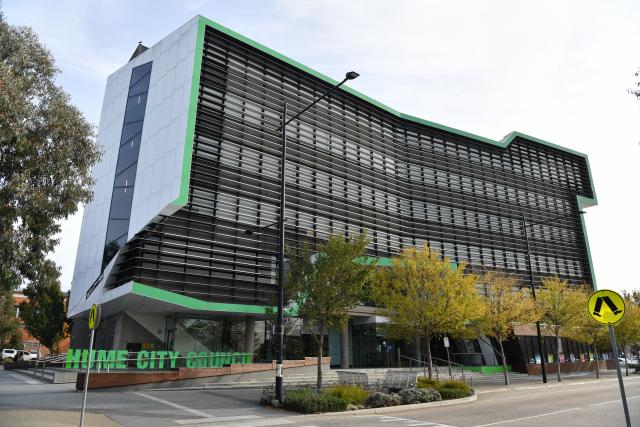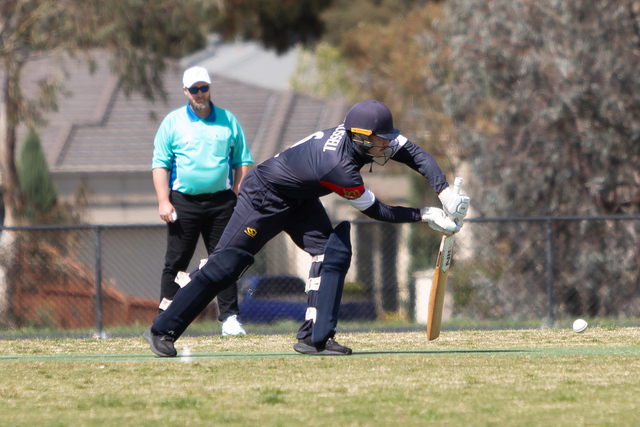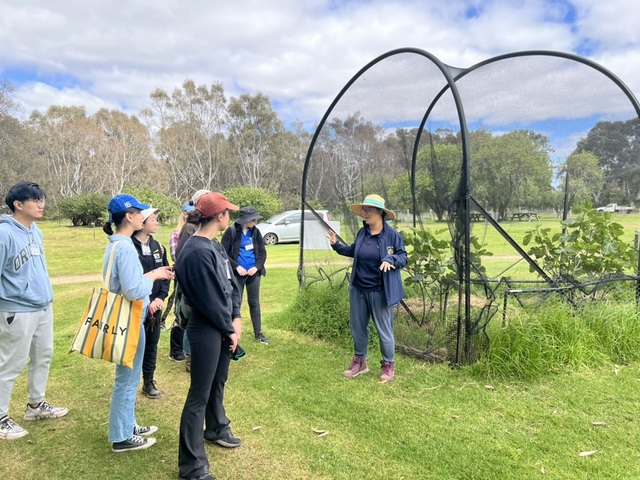A Mill Park woman, whose 28-year-old son has been a problematic drug user for 14 years, has welcomed the Federal Government’s investment to tackle ice, but says it doesn’t go far enough.
Last week, Prime Minister Malcolm Turnbull said his government would invest almost $300 million over four years to improve treatment, after-care, education, prevention and support to tackle the drug.
His pledge came after the release of the final report of the national ice taskforce, which found specialist treatment services are unable to keep up with demand from ice users.
The federal government’s report, made public last week, says people seeking help are falling through the cracks.
It recommends more investment in specialist services and an investment target for regional and remote areas, to be directed towards programs proven to have good outcomes.
It also recommends that links be strengthened between social, educational and vocational long-term supports.
The report states the use of ice has more than doubled since 2010, with more than 200,000 Australians reported using the drug in 2013.
The price per gram of ice has also dropped, put down to the stability of the street price and an increase in the drug’s purity.
The bulk of the federal government funding – some $254.5 million – will be used for treatment through the 31 Primary Health Networks.
Mr Turnbull said the networks would work with communities to determine the most effective forms of treatment in each area.
In its report, the taskforce says it received consistent messages from experts, treatment services and users that waiting lists could be as long as several months, with some services closing their books to new clients.
The report also recommended that correctional facilities be equipped to deliver appropriate treatment for methamphetamine users.
The Mill Park mother of three, who did not want to be named, said her son had served two eight-month prison sentences and been released back into the community without a place to live on both occasions. His violent behaviour meant he could not return home.
“These men fall through loopholes too easily,” she said.

